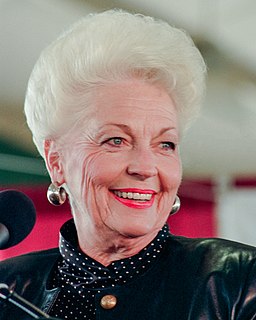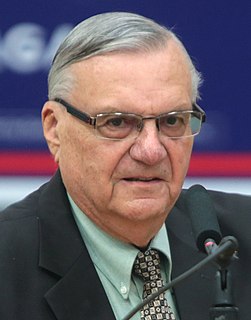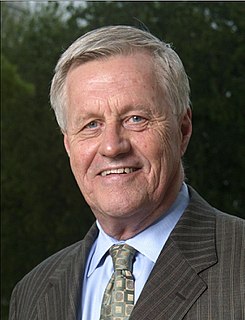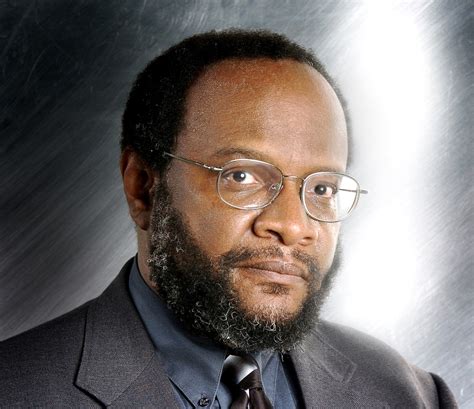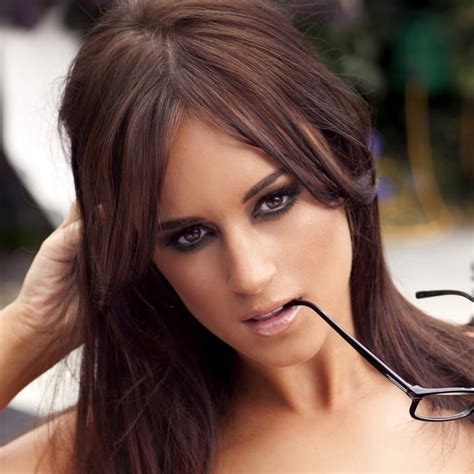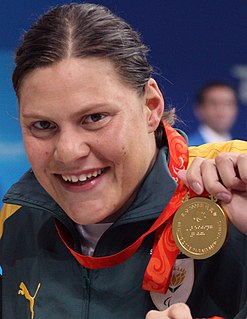A Quote by Ann Richards
Now we Democrats believe that America is still the country of fair play, that we can come out of a small town or a poor neighborhood and have the same chance as anyone else, and it doesn't matter whether we are black or Hispanic, or disabled or women.
Related Quotes
I believe we can keep the promise of our founders, the idea that if you're willing to work hard, it doesn't matter who you are or where you come from or what you look like or who you love. It doesn't matter whether you're black or white or Hispanic or Asian or Native American or young or old or rich or poor, able, disabled, gay or straight, you can make it here in America if you're willing to try.
Among liberals and Democrats, there is this notion that the poor - especially the black poor - can do no wrong. If you criticize any poor and black person who displays inappropriate, boorish or egregiously bad conduct, you'll be dismissed as a racist if you're not black. And as an Uncle Tom or sellout if you are.
Swimming is my passion and something that I love. Going out there in the water, it feels as if there's nothing wrong with me. I go out there and train as hard as anybody else. I have the same dreams, the same goals. It doesn't matter if you look different. You're still the same as everybody else because you have the same dream.
